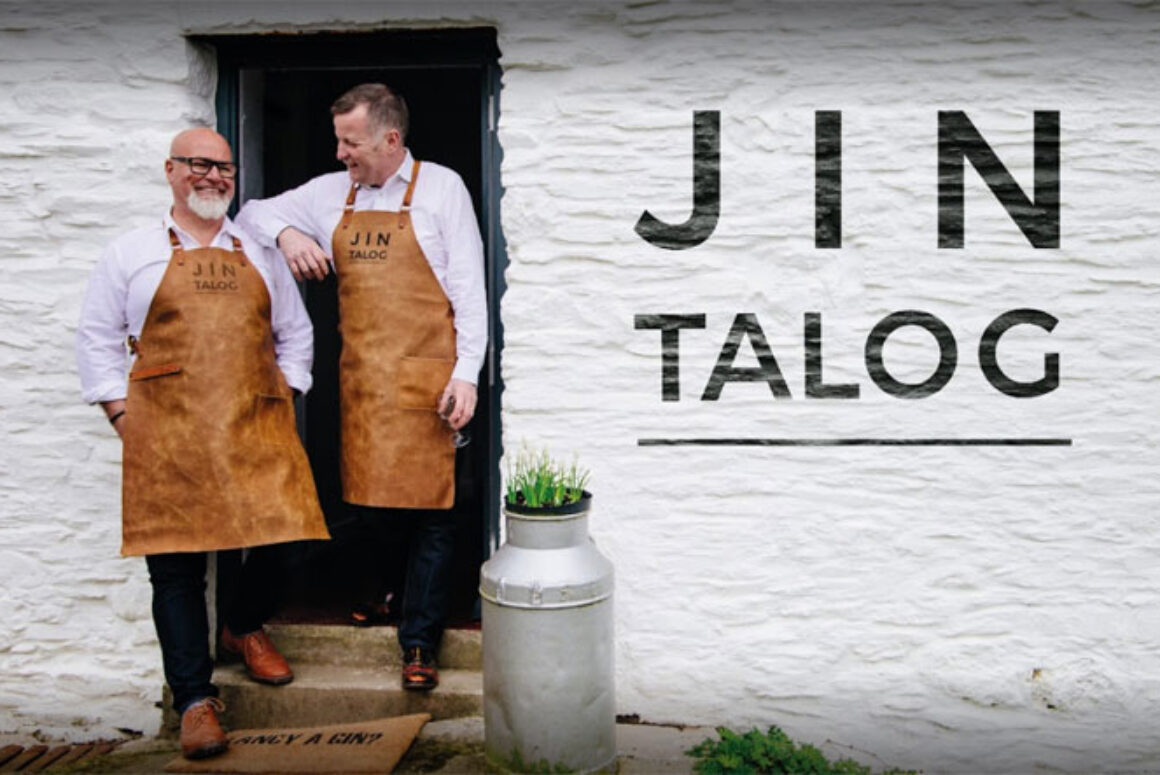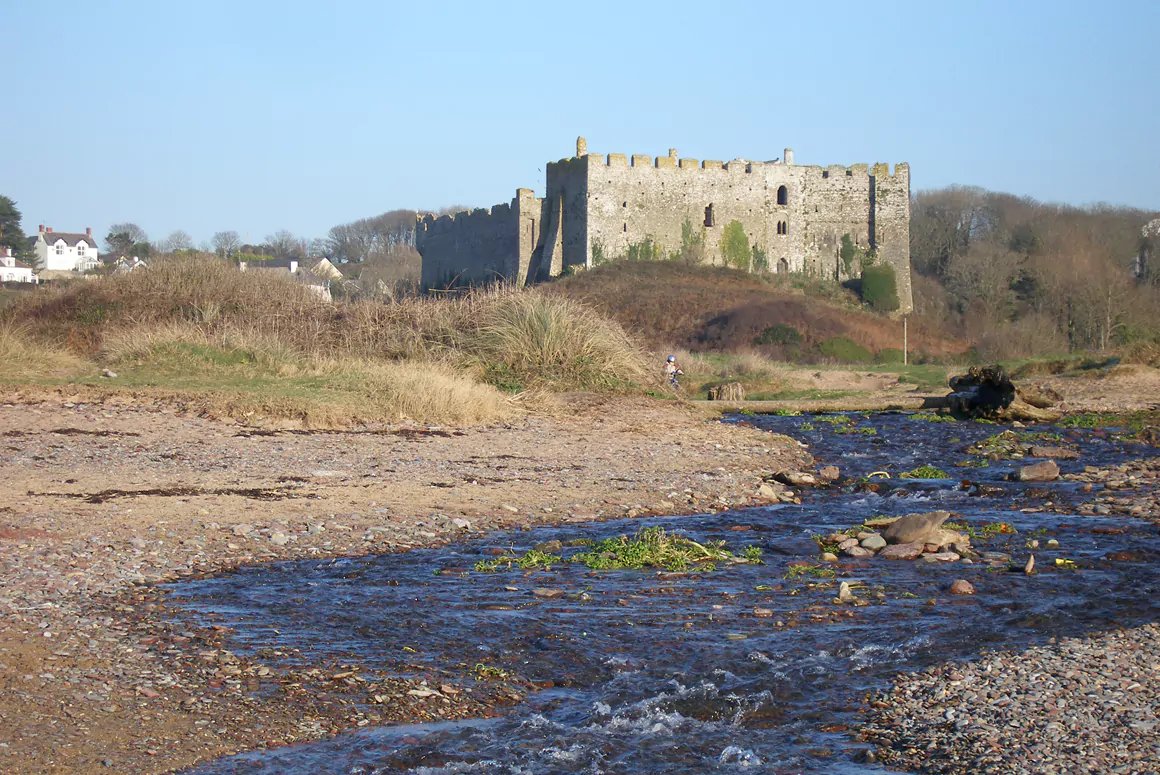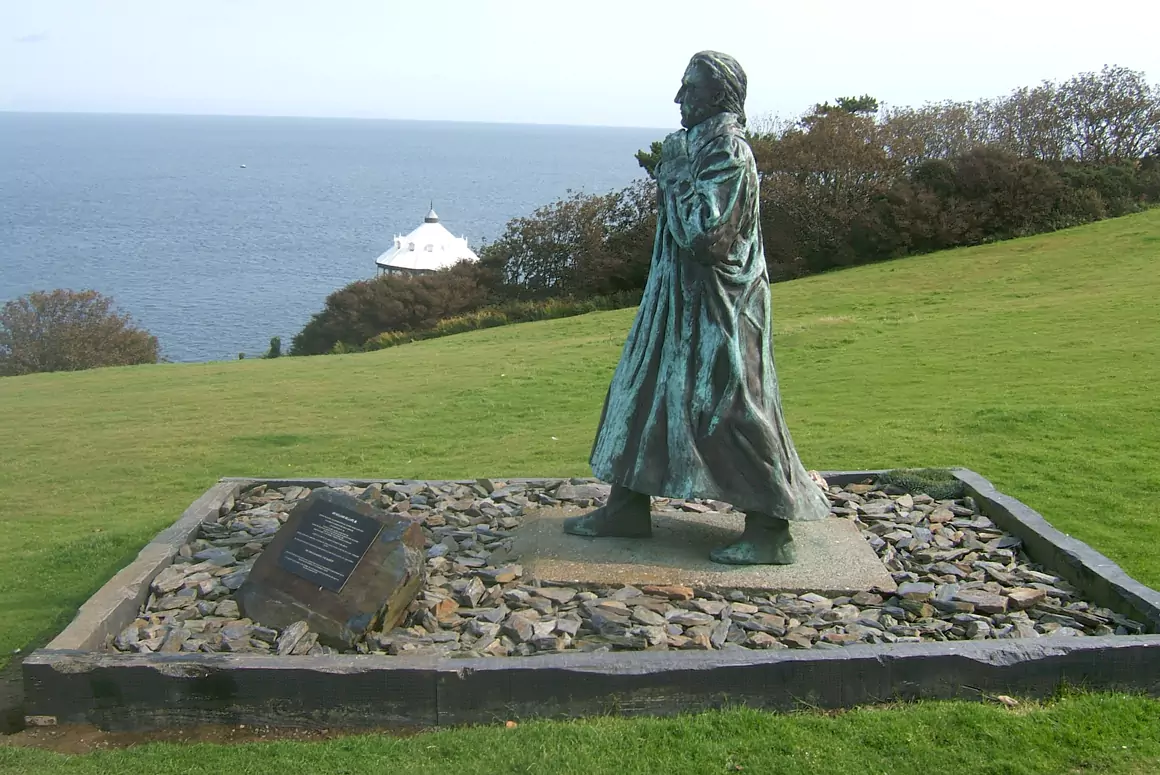![]()
Learning Welsh could start with…
“I wish I spoke Welsh.”
“It would be lovely to learn the language, but I just don’t have the time.”
“I am just not good at languages.”
David from Jin Talog tells Welsh Country of his journey and his success.
For anyone who has contemplated, or even tried learning Welsh, any or all of the above might sound familiar. They have certainly applied to me at various points during my life.
Yet more people than ever seem to be learning Welsh.
A recent report by the language learning app, Duolingo, cited the impressive growth in the popularity of Welsh by its users. Welsh was the fastest-growing language on Duolingo in the UK in 2020, witnessing an impressive growth of 44% year on year.
Perhaps we have the pandemic to thank for this? Many of us have have been fortunate enough to find ourselves with time on our hands once the daily commute and other commitments were cancelled by lockdowns. Baking sourdough bread, hosting cocktail sessions on Zoom, and picking up, or perhaps revisiting all kinds of hobbies were shared experiences for many of us, so why not take up Welsh at the same time? Why not indeed…
I have been part of this growth. From my first steps in Welsh only a few years ago, this year I was awarded the title of Welsh Learner of the Year 2021, by the National Eisteddfod. The award is given to a learner who can demonstrate proficiency in the language and inspire others to learn.
I left Wales when I was 18, and after many years living very happily in England, something pulled me back to the country of my birth. There is a saying in Welsh, “Cymro gorau, Cymro oddi gartref”, which we can translate as “the most passionate Welshman is one in exile”.
Perhaps it was a case of that famous, but elusive concept of “hiraeth”, a sense of nostalgic longing or homesickness, in which we Welsh tend to specialise?
Moving from London back to rural Carmarthenshire in 2016 was everything that I hoped for and so much more. Giving up life in London for the rolling hills of Carmarthenshire, buying a smallholding and livestock was a sea change in all respects. Looking back, my first attempts at farming were quite comical. Channelling Margo Leadbetter in “The Good Life”, I was pristine in my Hunter wellies and Aquascutum quilted jacket- until our first lambing season, that is…
Being back in Wales also meant that I had the time and opportunity to finally get around to learning Welsh. I really had run out of excuses. I had never had the opportunity to learn Welsh as a child, despite growing up in Cardiff. Like many of my contemporaries, I considered myself to be one of the “lost generation”, denied the chance to speak Welsh, but always feeling that there was something missing as a result.
However difficult learning a new language can be, we have one advantage here in Wales in that the Welsh language is all around us. If I were learning French, German, or any other language, I would have to travel to a country where those languages are spoken to have any real experience of them. Luckily, here in Wales we don’t have to go anywhere. We simply have to go into the street and hear Welsh being spoken as a matter of course, or turn on the television or radio.
We have a head start? Yes, but that does not completely cancel out how complicated and challenging learning Welsh can be for many of us. When we take the first faltering steps in a new language, it can be a bruising experience. Confidence that we have gained through practicing conversations in our heads evaporates when we don’t get the response that we have planned for, or the conversation takes another turn.
So, how about those first, faltering steps? No matter where you live in Wales, or anywhere else in the UK, there are ample opportunities to learn Welsh. The pandemic has forced providers to face up to the reality of providing quality online learning, and this has mostly been successful, although many learners do miss the conviviality of a face to face lesson, and the coffee and chat than inevitably ensues after class.
Many learners confine their use of Welsh to the classroom. This is understandable as it can be hard to gain the confidence to inflict one’s Welsh on unsuspecting friends, neighbours and shopkeepers. However, it is when we break the glass on our little box that contains the Welsh language (certainly not “for emergency use only”), that we start to have some fun.
Talking in Welsh to friends and neighbours confirmed to me how important the Welsh language is to our communities here in Wales, and in rural areas in particular. However many mistakes I made, and still make, each time I was greeted with a smile and encouragement.
Welsh speakers are delighted and honoured when someone takes the trouble to learn their language, and the reception that I received gave me a real boost in progressing through the various stages of the language. It also helped me to feel part of my adopted community.
The next step was venturing into Carmarthen and speaking Welsh to people in shops. It might only have been a simple request along the lines of “How much is this?” or “Is this table free?”, but it was a wonderful feeling to be understood and to feel part of the Welsh speaking world. It is something that I continue to experience daily.
Did I mention what is perhaps the best thing of all about learning Welsh? Welsh learners get a free entry into the diverse, ancient, yet vibrant Welsh culture that has existed alongside us for all these years, just waiting for us to jump in and take advantage of it, right here on our doorstep.
For me, this has been the greatest revelation of all. Yes, I know that Wales is famous for its poetry and musical traditions; its eisteddfodau that are held in chapels and village halls all over Wales, culminating in the National Eisteddfod every August- one of the largest cultural festivals in Europe. It happens right here in Wales, and goes largely ignored and unreported in non-Welsh speaking circles.
It’s not all bards and druids either. Wales has a vibrant contemporary music scene, which has really helped me to learn Welsh as I listen, and I have especially enjoyed the wide range of contemporary Welsh language novels that cast an unexpected light on the country that I thought I knew so well.
I have also made countless new friends and connections through learning Welsh.
Beyond all of this, I have also developed a different point of view about the country of my birth and its people. So much I have gained just from taking that first step of walking into a classroom.
If you live in Wales or along the border, there is a Welsh class available near you. If you live elsewhere in the UK, there is an online class available, and most large cities and towns in England have a Welsh conversation group that meets regularly.
Complete beginners are especially well provided for. What’s stopping you? Ewch ati! Go for it!





